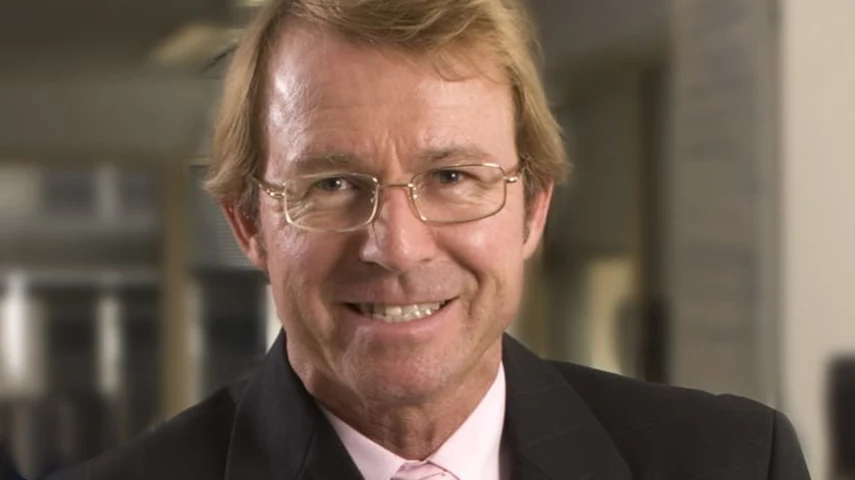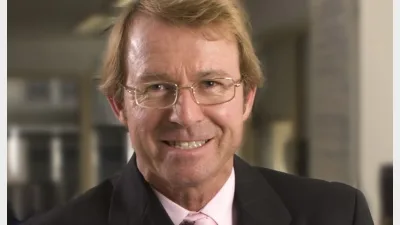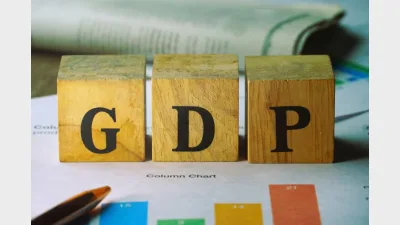Potential market rally disrupted by Trump, says economist



Sharemarkets might have been rallying on the back of central banks’ progress in the inflation fight, if not for Donald Trump’s escalating trade tensions and renewed attacks on the US Federal Reserve, according to AMP’s chief economist Shane Oliver.
Oliver said that equities are at “high risk” of further declines, citing the ongoing US-China tariff war, rising recession risks – particularly in the US – and geopolitical tensions, including the threat of a US or Israeli strike on Iran’s nuclear infrastructure.
Market jitters intensified this week as Trump took fresh aim at Fed chair Jerome Powell, fuelling fears over the central bank’s independence. In a weekend post on Truth Social, the US President labelled Powell “Mr Too Late” and a “major loser”, demanding immediate rate cuts.
“With these costs trending so nicely downward, just what I predicted they would do, there can almost be no inflation,” Trump said. “But there can be a SLOWING of the economy unless Mr Too Late ... lowers interest rates, NOW.”
US markets slumped on Monday as investors digested the dual threats of political interference at the Fed and ongoing trade uncertainty. The Dow Jones index tumbled 972 points (2.5 per cent), the S&P 500 dropped 2.4 per cent, and the Nasdaq shed 415.5 points (2.6 per cent).
“It’s a pity that were it not for Trump’s move to try and blow up the global trading system, markets this year could have celebrating the success of central banks in getting inflation back under control with limited damage to economic growth,” Oliver said in a weekly note over the weekend.
“This was further evident in the last week with lower-than-expected readings for underlying inflation in Canada, the UK and New Zealand and the ECB cutting rates again and all are likely to cut rates further this year.”
The ongoing turmoil in US equity markets is spilling over into Australia, with the S&P/ASX 200 down 4.7 per cent year to date, slipping to just above 7,800 points.
Adding to the bearish sentiment, The Australian Financial Review reported that Morgan Stanley has cut its year-end forecast for the S&P 500 from 8,500 to 8,000, citing growing concerns that equities will continue to falter under the weight of stagflation fears.
Oliver, who has long flagged the risk of a market correction of at least 15 per cent this year, reiterated his warning at Momentum Media’s Election 2025 event.
However, he remains optimistic that shares will eventually bounce back.
“With Trump likely to ultimately back down further on the tariffs and pivot towards more market-friendly policies like tax cuts and deregulation, and central banks, including the RBA, likely to cut rates, further shares are likely to recover on a more sustainable basis into year end,” he said.
“But it’s likely to be a rough ride.”
Recommended for you
Superannuation industry bodies have warned the prudential regulator that some of the more rigid proposals in its Governa...
IFM has firmly opposed any push for publicly disclosing current valuations of private market assets, saying it would “damage the financial interests of investors” and reduce appetite for infrastructure and private business investment.
Subdued GDP figures have bolstered expectations that the RBA could cut rates sooner and, possibly more aggressively, market watchers say.
Australian institutional investors plan to keep their finger on the pulse of private markets, new data has shown, with local investors aiming to further expand allocations into the sector.









